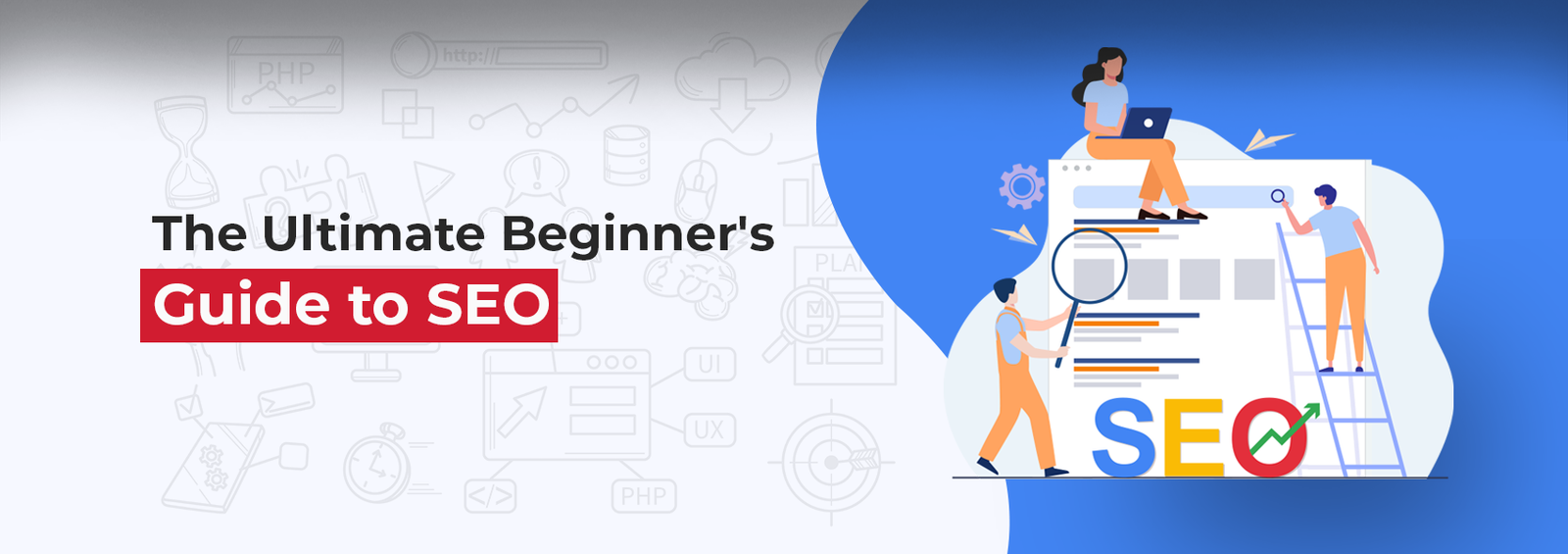Welcome to this fully SEO-optimized article! In this comprehensive guide, we will explore the intricacies of search engine optimization (SEO) and provide you with valuable insights to help boost your website’s visibility in search engine results. Whether you’re a beginner or an experienced SEO practitioner, this article will equip you with the knowledge and strategies necessary to enhance your online presence. So, let’s dive in and unlock the secrets of effective SEO!
What is SEO?

SEO stands for Search Engine Optimization. It encompasses various techniques and strategies used to improve a website’s visibility and organic (non-paid) traffic from search engine results pages (SERPs). By optimizing your website, you can increase its chances of ranking higher on search engines like Google, Bing, and Yahoo.
1. The Importance of SEO
Effective SEO is crucial for businesses and website owners looking to maximize their online presence. Here are some reasons why SEO matters:
1.1 Increased Visibility:
With proper SEO implementation, your website can appear higher in search engine rankings, making it more visible to potential visitors.
1.2 Targeted Traffic:
SEO allows you to attract highly targeted traffic by optimizing your website for specific keywords and phrases relevant to your niche or industry.
1.3 Credibility and Trust:
Websites that rank higher in search results are often perceived as more credible and trustworthy by users. Good SEO practices can help build your brand’s reputation.
1.4 Cost-Effective:
Compared to other digital marketing methods, SEO provides a high return on investment (ROI) as it targets users actively searching for products or services related to your business.
2. SEO Best Practices
To achieve optimal results with SEO, it’s important to follow these best practices:
2.1 Keyword Research

Keyword research is a vital aspect of SEO. By identifying and targeting the right keywords, you can attract relevant traffic to your website. Conduct thorough research to discover popular search terms and phrases that align with your content and business objectives. Tools like Google Keyword Planner and SEMrush can assist you in finding valuable keywords for your website.
2.2 On-Page Optimization
On-page optimization refers to optimizing individual web pages to rank higher and earn more relevant traffic. Here are key on-page optimization factors to consider:
2.2.1 Title Tags:
Craft unique, descriptive, and keyword-rich title tags for each page of your website. These tags provide search engines and users with a concise overview of your page’s content.
2.2.2 Meta Descriptions:
Write compelling meta descriptions that summarize your page’s content and entice users to click through. Including relevant keywords can enhance visibility and click-through rates.
2.2.3 Headings:
Utilize headings (H1, H2, H3, etc.) to structure your content and make it easier for search engines to understand. Incorporate relevant keywords within headings for better optimization.
2.2.4 URL Structure:
Create search engine-friendly URLs that are concise, descriptive, and include relevant keywords.
2.2.5 Keyword Density:
Avoid excessive keyword stuffing, as it can be detrimental to your SEO efforts. Aim for natural and organic keyword usage throughout your content.
2.3 High-Quality Content

Crafting high-quality content is paramount to successful SEO. Focus on creating valuable, informative, and engaging content that addresses the needs and interests of your target audience. Incorporate relevant keywords naturally within your content, ensuring it flows smoothly and provides a seamless reading experience.
2.4 Link Building

Link building plays a vital role in SEO, as it helps search engines determine the credibility and authority of your website. Earn backlinks from reputable and relevant sources, as they act as “votes of confidence” for your content. Consider techniques like guest blogging, outreach campaigns, and creating link-worthy content to boost your backlink profile.
2.5 Mobile Optimization
With the increasing use of mobile devices, mobile optimization has become crucial for SEO success. Ensure your website is responsive and provides an optimal browsing experience on mobile devices. Google’s mobile-first indexing prioritizes mobile-friendly websites, so optimizing for mobile is essential.
2.6 User Experience (UX)

User experience plays a vital role in SEO. Search engines aim to deliver the best possible results to users, and websites that provide a positive user experience are often rewarded with higher rankings. Consider factors like page load speed, intuitive navigation, clear calls-to-action, and mobile-friendliness to enhance user experience.
3. Frequently Asked Questions (FAQs)
Now, let’s address some common questions related to SEO:
3.1 What are the key elements of an SEO strategy?
A comprehensive SEO strategy includes keyword research, on-page optimization, high-quality content creation, link building, mobile optimization, and a focus on user experience.
3.2 How long does it take to see results from SEO efforts?
SEO is a long-term strategy, and the timeline for results can vary. It often takes several months to see significant improvements in rankings and organic traffic. Patience and consistent effort are key.
3.3 Are there any SEO shortcuts or quick fixes?
Beware of any SEO shortcuts or quick fixes that promise instant results. These tactics, known as black hat SEO, can lead to penalties and harm your website’s reputation. Focus on ethical and sustainable SEO practices.
3.4 Can I do SEO myself, or should I hire an expert?
You can certainly handle basic SEO tasks yourself, but for more advanced strategies, it’s advisable to hire an SEO expert or agency. They can provide expertise, save time, and ensure your SEO efforts yield the best possible results.
3.5 How often should I update my website’s content for SEO?
Regularly updating your website’s content can benefit your SEO efforts. Consider adding new blog posts, updating outdated information, and expanding existing content to provide fresh and valuable resources for your audience.
3.6 Is SEO a one-time process, or do I need to continually optimize?
SEO is an ongoing process. Search engine algorithms evolve, competition changes and user behaviours shift. To stay ahead and maintain your visibility, it’s crucial to continually optimize your website and adapt your strategies accordingly.
Congratulations! You’ve now gained valuable insights into SEO and its significance in boosting your website’s visibility and organic traffic. By implementing the best practices discussed in this fully SEO-optimized article, you can lay a strong foundation for your online success. Remember to conduct thorough keyword research, optimize your on-page elements, create high-quality content, build authoritative backlinks, optimize for mobile, and prioritize user experience.
Keep up with the latest SEO trends and updates, adapt your strategies as needed, and monitor your website’s performance using analytics tools. SEO is an ever-evolving field, so continuous learning and optimization are essential. Now, go forth and optimize your website to achieve greater visibility and success!




